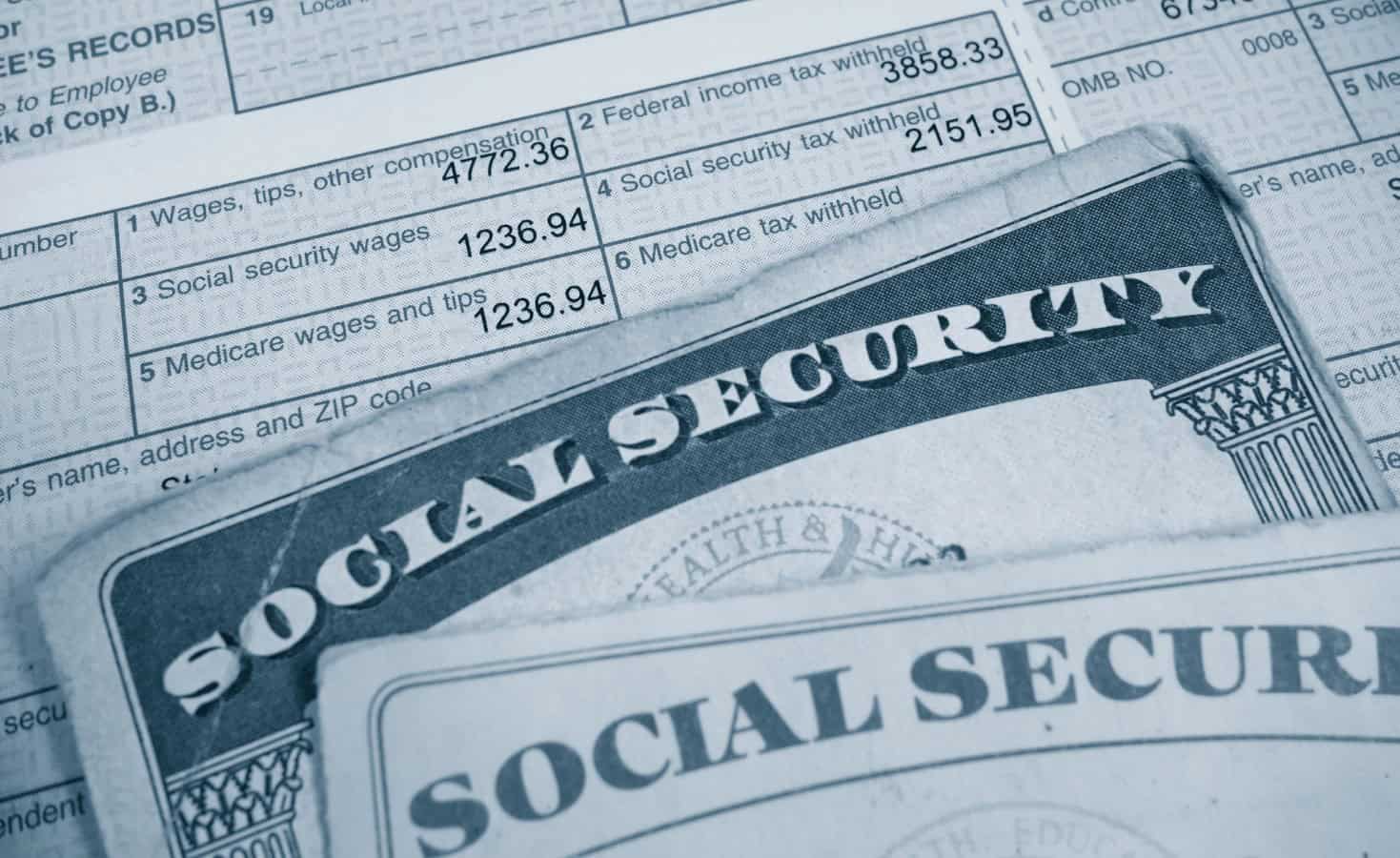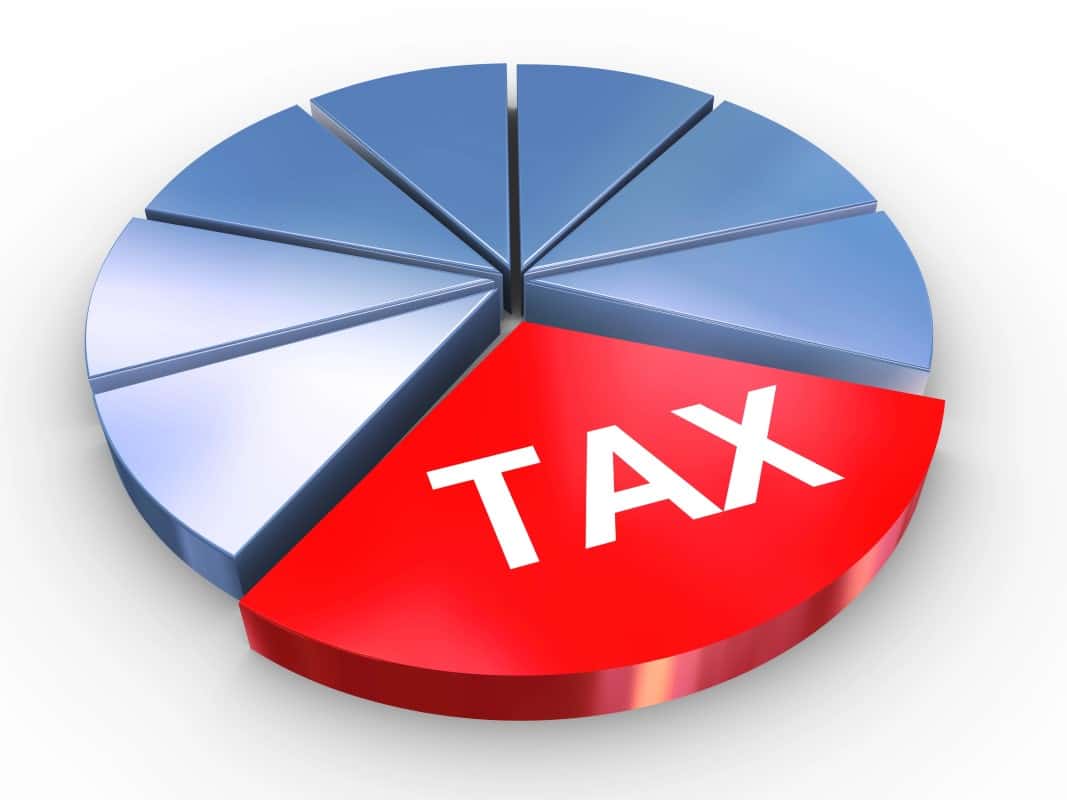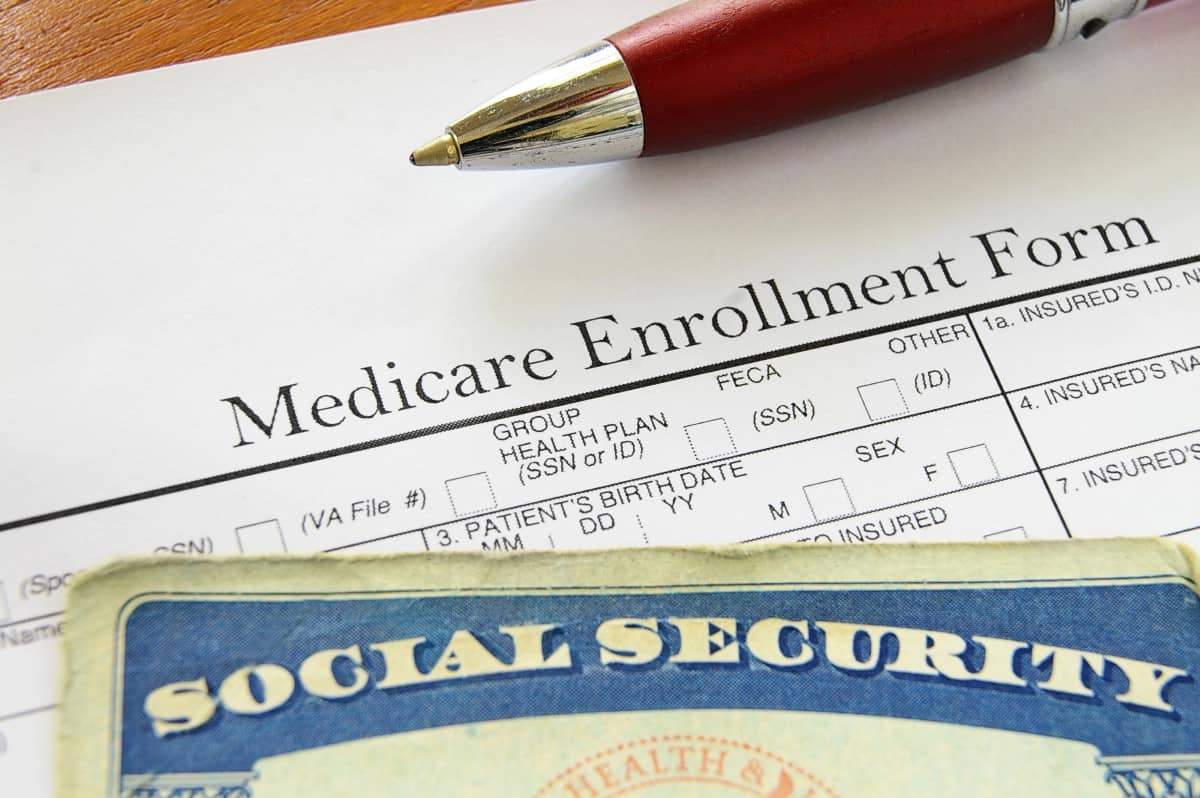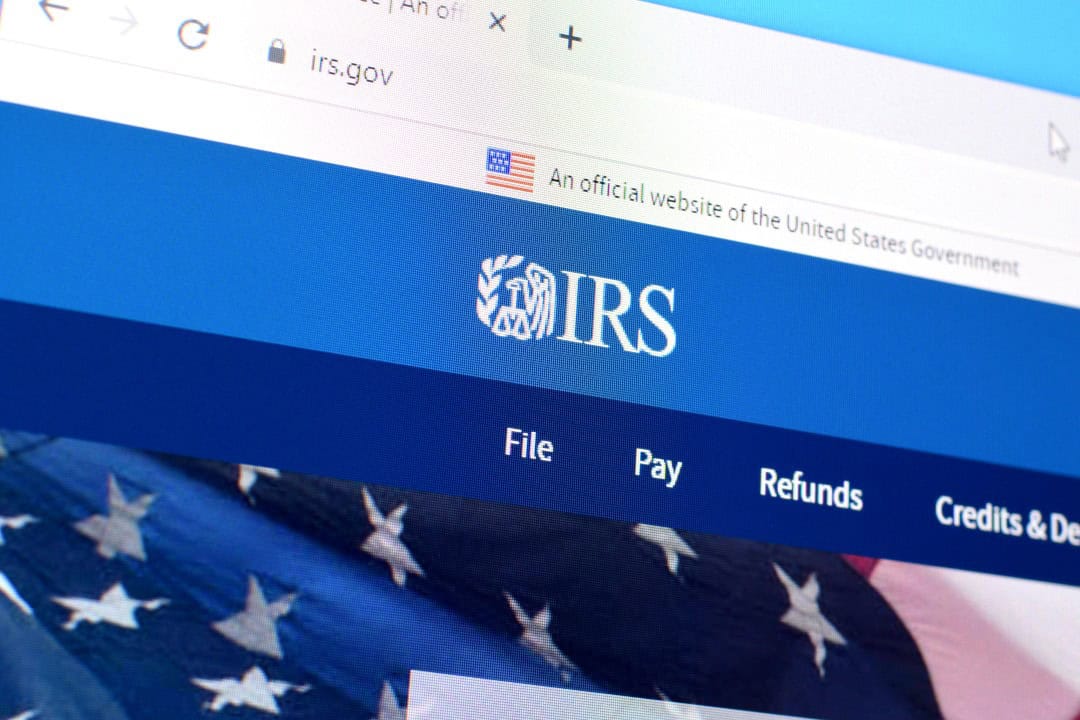Maximize Your Benefits: Essential Social Security Strategies for Singles

While singles may have fewer Social Security filing options than married couples, smart planning around when to claim benefits can pay off for anyone, including those flying solo.
Claim Early at 62

Anyone who has paid Social Security taxes for at least 10 years (has 40 credits) can begin receiving retirement benefits at age 62 based on their earnings record.
Starting to collect Social Security at 62 offers some benefits. For instance, you might be ready to retire and depend on Social Security as the main part of your retirement strategy. Since you’ve paid into the system for at least a decade, you’re entitled to benefits.
Waiting to claim benefits may not be an option if you need income in your early 60s to cover living expenses.
Claiming early may also be a practical choice if you don’t anticipate living past 70 due to health issues or family history.
Options to Change Your Decision

However, claiming benefits early means you’ll receive a lower monthly amount. If you decide to start collecting and then change your mind, you have two options:
The “Reset” Rule – Within 12 months of beginning your benefits, you can “reset” them to eliminate the reduction, but you must repay all the benefits you and your family have received.
The Voluntary Suspension Rule – If you began collecting benefits before your full retirement age (FRA), you can suspend them at your FRA and resume them at a later time.
Claim at Full Retirement Age

If you begin collecting Social Security retirement benefits at your full retirement age (FRA), you’ll receive the full amount of your primary insurance amount (PIA). However, you can increase your benefits beyond 100% of your PIA by waiting to claim past your FRA.
For every month you postpone claiming Social Security beyond your FRA, your benefits grow by an additional 0.67%. This equates to an extra 8% each year you wait after reaching FRA, offering a guaranteed annual increase that is hard to find in other investments.
Claim at 70

Waiting until age 70 to claim your Social Security retirement benefit can lead to a significant increase in your monthly payout, as long as you don’t have a major health condition that could shorten your life.
You’ll receive your maximum Social Security payments—up to 132% of your primary insurance amount (PIA) if your full retirement age (FRA) is 66, or 124% of your PIA if your FRA is 67.
Of course, if you die before you claim Social Security you do not receive any benefits from the years of contributing to the Social Security Trust Fund.
Decide if You Will Be Working

If you claim Social Security benefits before your full retirement age (FRA) and continue to work, your benefits may be temporarily withheld due to the earnings test.
Before reaching FRA, your benefits will be reduced by $1 for every $2 you earn over $22,320 (in 2024). In the year you reach FRA, benefits will be reduced by $1 for every $3 you earn over $59,520 (in 2024). Once you reach FRA, you can receive your full benefits with no earnings limit.
It’s worth noting that any benefits withheld due to the earnings test are not permanently lost. When you reach FRA, your monthly benefit will be adjusted to credit you for the months you missed out on. However, if you expect to keep working and earning enough income to significantly reduce your Social Security benefits, it may be wise to delay claiming them until you stop working or reach FRA.
Keep in mind, this does not mean you should avoid working between the ages of 62 and 67.
If you have already started collecting benefits early and are offered a job that is financially and personally rewarding, don’t let the earnings test stop you from taking it before reaching FRA.
Although your benefits may be withheld, you won’t lose them. You’ll be credited for the withheld benefits later, and your income will also contribute to the calculation of your best 35 years of earnings at FRA. Plus, you’ll be earning an income, which can outweigh the impact on your Social Security benefits.
Federal Taxation of Social Security Benefits

Calculating taxes on Social Security benefits can be complex, so understanding the process can help you avoid overpaying.
The taxable portion of your benefits depends primarily on your other income sources. If you have other income, such as a pension; pretax withdrawals from a 401(k), individual retirement account (IRA), or other tax-deferred account; or investment income like interest, dividends, and capital gains, you may owe taxes on up to 85% of your Social Security benefits.
For each dollar of provisional income between the first and second thresholds, 50 cents of Social Security benefits will be taxed, up to 50% of the benefits. For each dollar of provisional income above the second threshold, 85 cents of your benefits will be taxed until the maximum of 85% is reached.
For single filers, the first threshold is $25,000 and the second is $34,000, which are lower than the thresholds for married couples. Therefore, taxation should be a factor in your claiming strategy.
Some States Also Tax Social Security

In addition to Federal taxes, currently 10 states tax social security earnings in 2024 and 2 just stopped.
Colorado, Connecticut, Kansas, Minnesota, Montana, New Mexico, Rhode Island, Utah, Vermont are currently taxing social security.
Good news for West Virginia resident is the bill phasing out tax on Social Security benefits has been signed into law. Retroactive to Jan. 1 of this year, it applies to 35% deduction for 2024, 65% for 2025 and 100% deduction on Social Security income for 2026 taxes and beyond.
As of 2024, Missouri and Nebraska join the list of states that no longer tax social security income.
While taxes should not be the only consideration in deciding which state you live in retirement, you can include it in your planning.
Related Article: States Taxing Social Security
So What Is the Best Claiming Strategy for Singles

Retirees who are single and have never been married or had children may face fewer options for claiming Social Security benefits compared to those who are married, widowed, or divorced. However, they still have a strong incentive to maximize their retirement income.
Singles in this category don’t have to consider how the timing of their benefits might affect a surviving spouse or minor children. Delaying Social Security until age 70 can lead to higher monthly payments.
When deciding on claiming Social Security, take into account all income sources to make the best choice. Do not forget Required Minimum Distributions (RMDs) and Income-Related Monthly Adjustment Amount (IRMAA) also known as Medicare surcharge. Depending on your circumstances it might be prudent to delay claiming Social Security to reduce the balances of your pre-tax accounts such as 401(k)s or IRAs.
Of course, always consider your own longevity as well.
Like Financial Freedom Countdown content? Be sure to follow us!
11 Reasons You Should Claim Social Security Early

Deciding when to claim Social Security is often about maximizing your benefit. Financial planners usually advise delaying your claim for as long as possible to secure the highest monthly payment. Your benefit is based on your lifetime earnings, with a full payout available at your full retirement age (FRA), which is currently between 66 and 67 depending on your birth year. Claiming before FRA results in a permanent reduction in your monthly benefit, while waiting beyond FRA leads to a permanent increase. However, the decision isn’t solely about maximizing the monthly check. Personal factors such as health, family circumstances, and financial needs can play a significant role in determining the right time to claim.
11 Reasons You Should Claim Social Security Early
Retire Abroad and Still Collect Social Security? Avoid These 9 Countries Where It’s Not Possible

Dreaming of retiring to a sun-drenched beach or a quaint village? Many Americans envision spending their golden years abroad, savoring the delights of new cultures and landscapes. However, an essential part of this dream hinges on the financial stability provided by Social Security benefits. Before packing your bags and bidding farewell, it’s crucial to know that not all countries play by the same rules when it comes to collecting these benefits overseas. Here are the nine countries where your dream of retiring abroad could hit a snag, as Social Security benefits don’t cross every border. Avoid living in these countries so your retirement plans don’t get lost in translation.
Retire Abroad and Still Collect Social Security? Avoid These 9 Countries Where It’s Not Possible
What SECURE Act 2.0 Means for Your Future Retirement Plan

Three years on from the groundbreaking SECURE Act, which revolutionized America’s retirement landscape for the first time in a decade, the SECURE Act 2.0 sequel legislation aims to widen the gateway to retirement plans and benefits, introducing pivotal changes like automatic enrollment in select workplace pensions, increased catch-up contributions for the seasoned workforce, and extended retirement saving opportunities for part-time employees. Moreover, it promises to bolster individuals’ ability to set aside emergency funds, ensuring swift access in times of need, marking another significant stride toward securing a more financially stable future for all. Here are some of the key provisions.
What SECURE Act 2.0 Means for Your Future Retirement Plan
Nearly a Million People Risk Losing Over $1 Billion in Unclaimed 2020 Tax Refunds If They Don’t Act by May 17

Tick tock, the clock is counting down for nearly a million Americans who stand on the brink of losing out on a staggering sum of over $1 billion in unclaimed tax refunds from 2020. With the May 17 deadline looming, it’s a race against time to secure what’s rightfully yours.

Did you find this article helpful? We’d love to hear your thoughts! Leave a comment with the box on the left-hand side of the screen and share your thoughts.
Also, do you want to stay up-to-date on our latest content?
1. Follow us by clicking the [+ Follow] button above,
2. Give the article a Thumbs Up on the top-left side of the screen.
3. And lastly, if you think this information would benefit your friends and family, don’t hesitate to share it with them!

John Dealbreuin came from a third world country to the US with only $1,000 not knowing anyone; guided by an immigrant dream. In 12 years, he achieved his retirement number.
He started Financial Freedom Countdown to help everyone think differently about their financial challenges and live their best lives. John resides in the San Francisco Bay Area enjoying nature trails and weight training.
Here are his recommended tools
M1 Finance: John compared M1 Finance against Vanguard, Schwab, Fidelity, Wealthfront and Betterment to find the perfect investment platform. He uses it due to zero fees, very low minimums, automated investment with automatic rebalancing. The pre-built asset allocations and fractional shares helps one get started right away.
Personal Capital: This is a free tool John uses to track his net worth on a regular basis and as a retirement planner. It also alerts him wrt hidden fees and has a budget tracker included.
Streitwise is available for accredited and non-accredited investors. They have one of the lowest fees and high “skin in the game,” with over $5M of capital invested by founders in the deals. It is also open to foreign/non-USA investor. Minimum investment is $5,000.
Platforms like Yieldstreet provide investment options in art, legal, structured notes, venture capital, etc. They also have fixed-income portfolios spread across multiple asset classes with a single investment with low minimums of $10,000.





